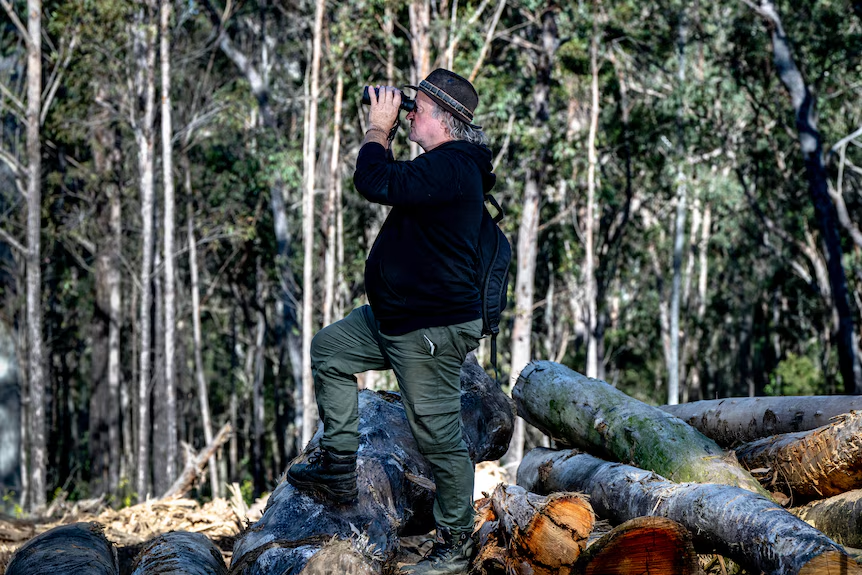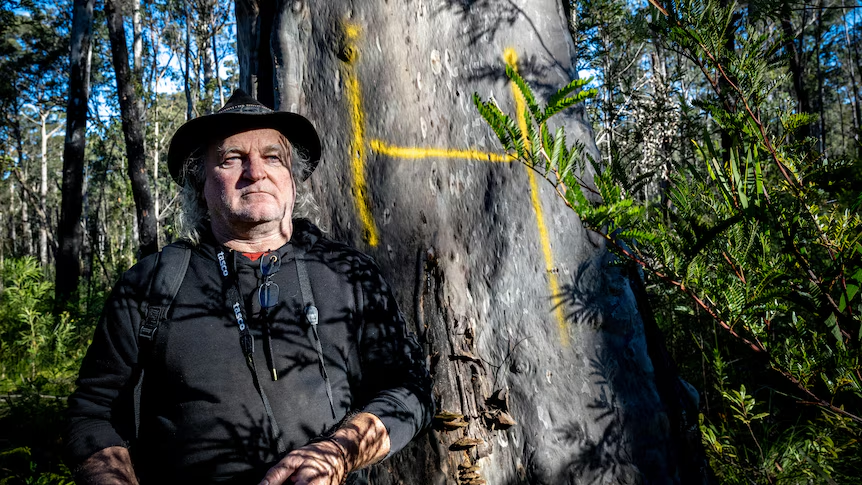The NSW Forestry Corporation finds itself at the center of unprecedented criticism as legal experts and environmental scientists call for its complete dissolution following a pattern of repeated environmental law violations. The state-owned logging agency has accumulated more than a dozen criminal convictions for environmental offenses, prompting extraordinary comparisons to organized crime groups from former magistrate Professor David Heilpern.
With financial losses exceeding $70 million since 2020 and a judicial finding that the corporation is likely to reoffend with poor rehabilitation prospects, critics argue the agency has fundamentally failed in its mandate to manage public forests responsibly. The controversy intensifies as the Minns government faces mounting pressure over native forest logging while promising to establish the Great Koala National Park, creating a stark contradiction between conservation commitments and ongoing destructive practices.
Criminal Pattern of Environmental Violations
The Forestry Corporation’s legal troubles have reached alarming proportions, with Professor David Heilpern drawing stark parallels to criminal organizations. The former NSW magistrate, who served from 1998 to 2020 and now leads Southern Cross University’s law school, argues that any entity with such extensive criminal convictions would typically be classified as a criminal organization.
The corporation has been convicted of environmental offenses, including polluting forest waterways, conducting inadequate threatened species surveys, unlawfully harvesting hollow-bearing trees, and operating in protected koala and rainforest habitat zones.
A particularly damaging judgment emerged from the NSW Land and Environment Court, where Justice Rachel Pepper noted the corporation’s “lengthy record of prior convictions for environmental offences”. The court found the agency had a “significant history of unlawfully carrying out forestry operations” and was likely to reoffend with poor rehabilitation prospects. This judicial assessment has become central to arguments that the corporation is fundamentally unfit for purpose.
Massive Financial Losses Burden Taxpayers
The economic argument against the corporation’s operations has become equally compelling. The agency’s native hardwood division reported a staggering $29 million loss in 2023-24, nearly double the previous year’s $15 million deficit. Total losses since 2020 have reached $73 million, with taxpayers bearing the cost of both operational failures and legal penalties.
The financial hemorrhaging extends beyond operational losses to include substantial fines and legal costs. The corporation has been ordered to pay almost $500,000 in fines and legal expenses over five years, primarily for damaging threatened species habitat and endangered ecological communities. Recent penalties include a $360,000 fine for illegally logging 53 eucalyptus trees in environmentally significant areas of Yambulla State Forest, causing harm to threatened bird species.
Scientific Evidence of Environmental Destruction

Leading conservation scientist Professor David Lindenmayer has provided damning testimony about the corporation’s environmental impact. Research published by fourteen premier Australian forest scientists revealed that over 60% of NSW’s native forests have been destroyed or degraded by logging since European invasion. The ongoing operations threaten habitat for more than 150 vulnerable species already at risk of extinction.
The corporation’s survey methodologies have come under particular scrutiny, with revelations that pre-logging surveys for nocturnal animals like the Greater Glider were conducted during daylight hours. This fundamental flaw in environmental protection protocols has resulted in the identification of only 1% of Greater Glider den trees, despite legal requirements to protect these critical habitats.
Legal Breakthrough Enables Community Action
A landmark High Court of Australia decision in April 2025 has fundamentally changed the legal framework surrounding forestry operations. The unanimous ruling confirmed that conservation groups can bring legal action to enforce forestry laws, overturning the corporation’s longstanding assertion that only government agencies could challenge its operations.
The case, brought by South East Forest Rescue, successfully challenged the corporation’s attempts to avoid accountability through legal technicalities. This decision opens the door for community groups to directly pursue legal action against illegal logging operations, potentially making continued violations financially and operationally unsustainable.
Government Response and Future Implications
Despite mounting evidence and expert recommendations, the NSW government has maintained support for the corporation’s operations. Agriculture Minister Tara Moriarty’s office stated that “comprehensive regulations are in place” and expects compliance, while the corporation’s spokesperson dismissed comparisons to criminal organizations as “ridiculous”.
However, the convergence of financial failure, environmental destruction, and legal vulnerability has created an untenable situation. With Victoria, New Zealand, Western Australia, and South Australia having already ended native forest logging, NSW increasingly appears as an outlier clinging to an economically and environmentally destructive practice. The combination of taxpayer-funded losses, criminal convictions, and newly empowered community legal action suggests that the corporation’s current model may be approaching its end, regardless of government preferences.

